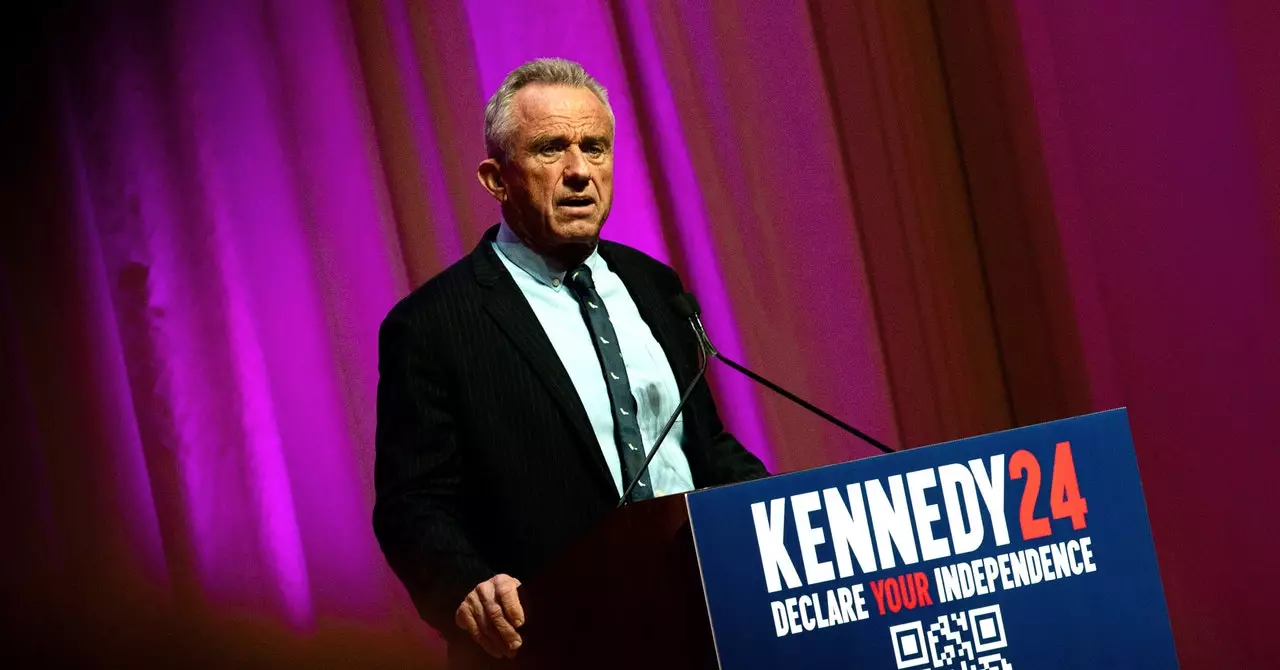The world of artificial intelligence is constantly evolving, and with that evolution comes a myriad of ethical concerns. One of the latest debates surrounds the use of chatbots in political campaigns and the spreading of misinformation. OpenAI, a prominent AI research lab, has taken a stand by banning the use of its technology for creating chatbots that mimic political candidates or provide false information related to voting. But what about other companies and platforms that provide similar services?
The Kennedy Chatbot Controversy
The Kennedy campaign recently came under scrutiny for its use of a chatbot on its website. While the chatbot itself did not disclose the specific model powering it, it was revealed that LiveChatAI, the company behind the bot, advertises its ability to provide advanced chatbots powered by GPT-4 and GPT-3.5. When questioned about the model used, LiveChatAI cofounder Emre Elbeyoglu mentioned the use of technologies like Llama and Mistral in addition to GPT models. However, the specifics of the client’s usage were not confirmed due to client confidentiality.
It was also discovered that Microsoft’s Azure OpenAI Service was being leveraged for the Kennedy chatbot. Microsoft clarified that their customers are not bound by OpenAI’s terms of service and that the chatbot was not in violation of their policies. However, they did mention that they engage with customers to guide them towards uses that align with ethical principles and may discontinue access to their technology if necessary.
OpenAI, on the other hand, did not provide an immediate response regarding whether the Kennedy chatbot violated its rules. Earlier in the year, the company blocked another chatbot developer who had created a chatbot mimicking a Democratic presidential candidate. This move showcased OpenAI’s commitment to preventing the misuse of their technology in political contexts.
The removal of the chatbot from the Kennedy campaign’s website raised questions about the limitations and regulations surrounding the use of chatbots in political campaigns. While OpenAI explicitly prohibits the use of its technology for campaigning, other major AI companies like Meta, Google, and Mistral do not have specific policies addressing political contexts. This lack of regulation leaves room for campaigns to access advanced AI models through third parties without facing consequences.
The intersection of AI technology and politics raises important ethical questions that need to be addressed. The case of the Kennedy chatbot highlights the challenges of regulating the use of advanced AI models in political campaigns. As AI continues to advance, it is crucial for companies, policymakers, and researchers to work together to establish clear guidelines and regulations to prevent the spread of misinformation and ensure the ethical use of AI technology in all contexts.


Leave a Reply